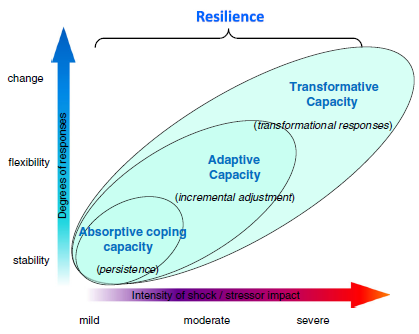Climate change is as real as the air that we breathe! The impact of climate change over the years is why we have to build climate resilience. Climate change is occurring and has impacts that are beginning to show clearly that we have a global problem. These impacts continue to increase daily and could be severe in the future, if drastic steps are not taken to mitigate and/or adapt to its impacts.
Globally, there has been a major shift in the seasons and an increasing frequency of extreme weather events all over. This is as a result of a variety of factors that have weathered the atmosphere and have rendered it weak. We need to brace ourselves for the impacts of this changes that are mostly manmade. People are now experiencing significant impacts of climate change, which include changing weather patterns, rising sea levels and more extreme weather events.
The impacts of climate change vary all over the world, hence different communities face different climate change impacts for which they need to adapt. This is where we begin to talk about climate resilience and actively building measures to improve climate resilience.
Climate resilience, in terms of climate change refers to strengthening the ability of human and non-human systems to withstand and respond to changes in the earth’s climate. There is a rising awareness by national and international bodies to build climate resilience. Climate resilience addresses the vulnerabilities that communities, cities and countries face with the environmental consequences of climate change.
Most understandings of resilience share a common interest in the concept of vulnerability, with a general tendency to regard vulnerability and resilience as contrasting values. This idea is expressed in several different ways; while some see an increase in vulnerability as a decrease in resilience, others regard these concepts as two sides of the same coin, still others see vulnerability as a property that needs to be countered by resilience (Bahadur et al., 2010).
Christophe Béné, in is works, conceptualized resilience as a combination of absorptive, adaptive and transformative capacities. This concept essentially describes resilience as the ability to deal with shocks through ‘persistence’, ‘incremental adjustment’ or ‘transformational responses’ and is known as the 3D Resilience Framework.

